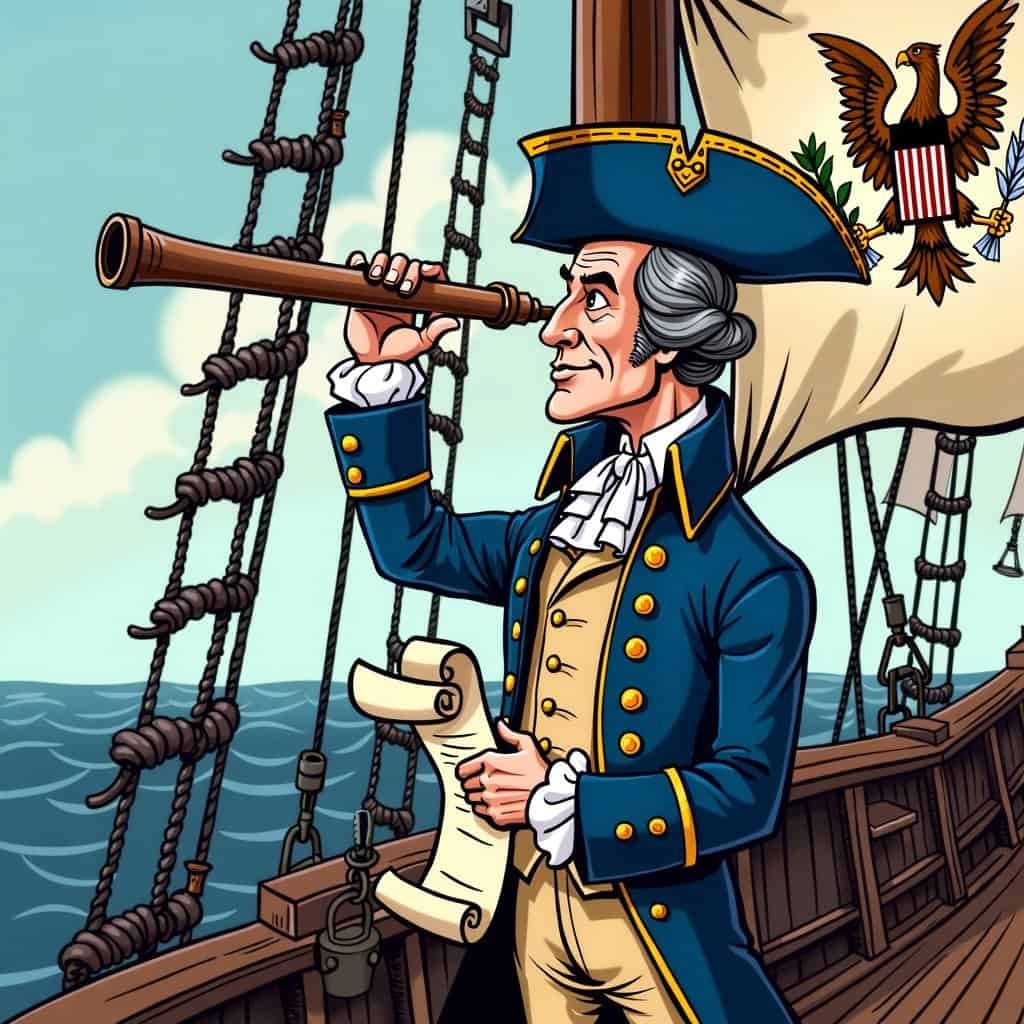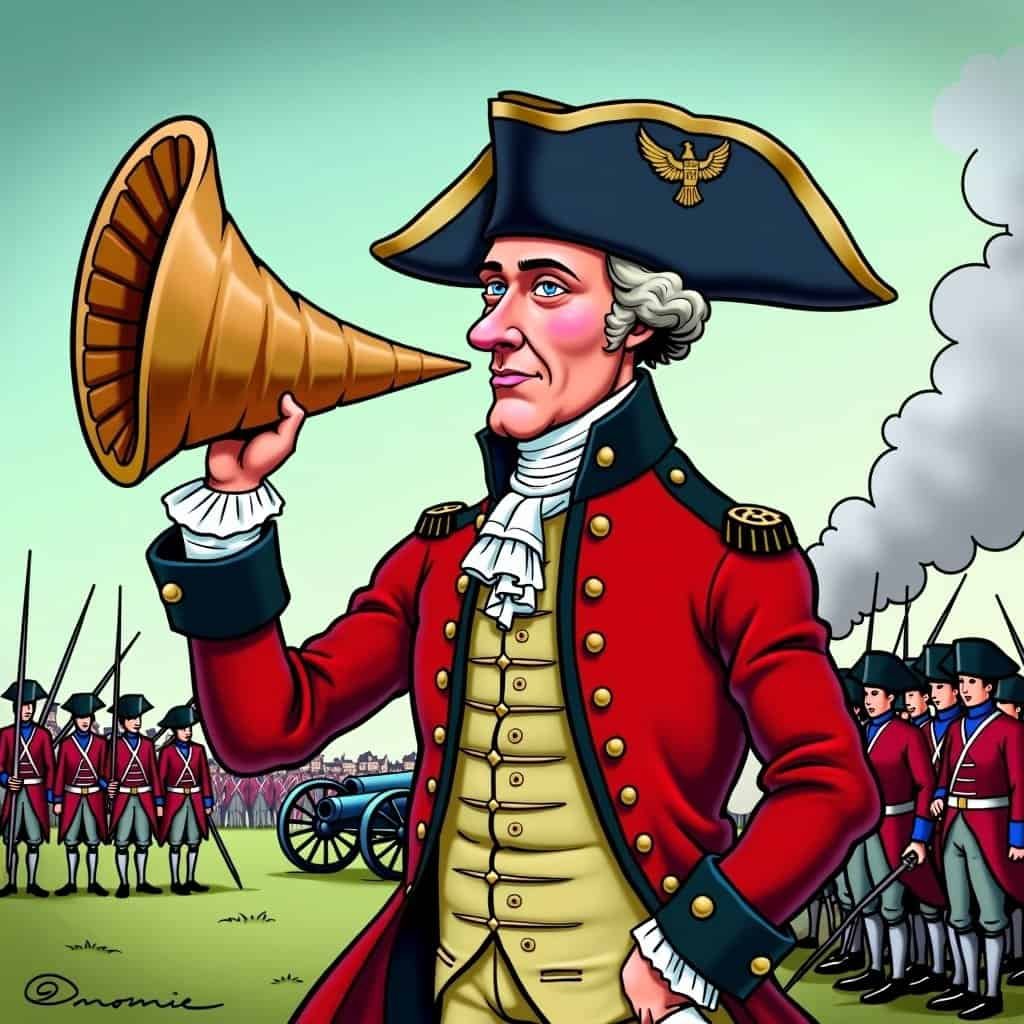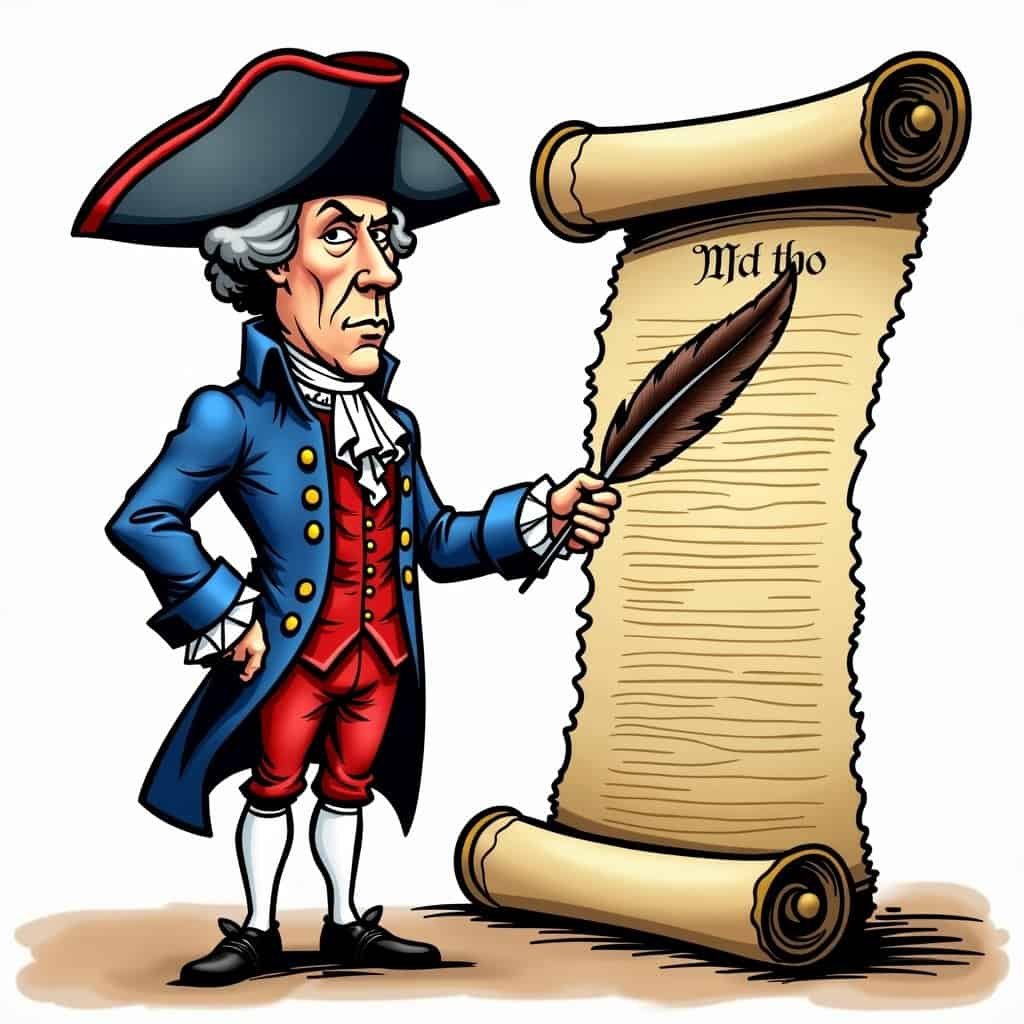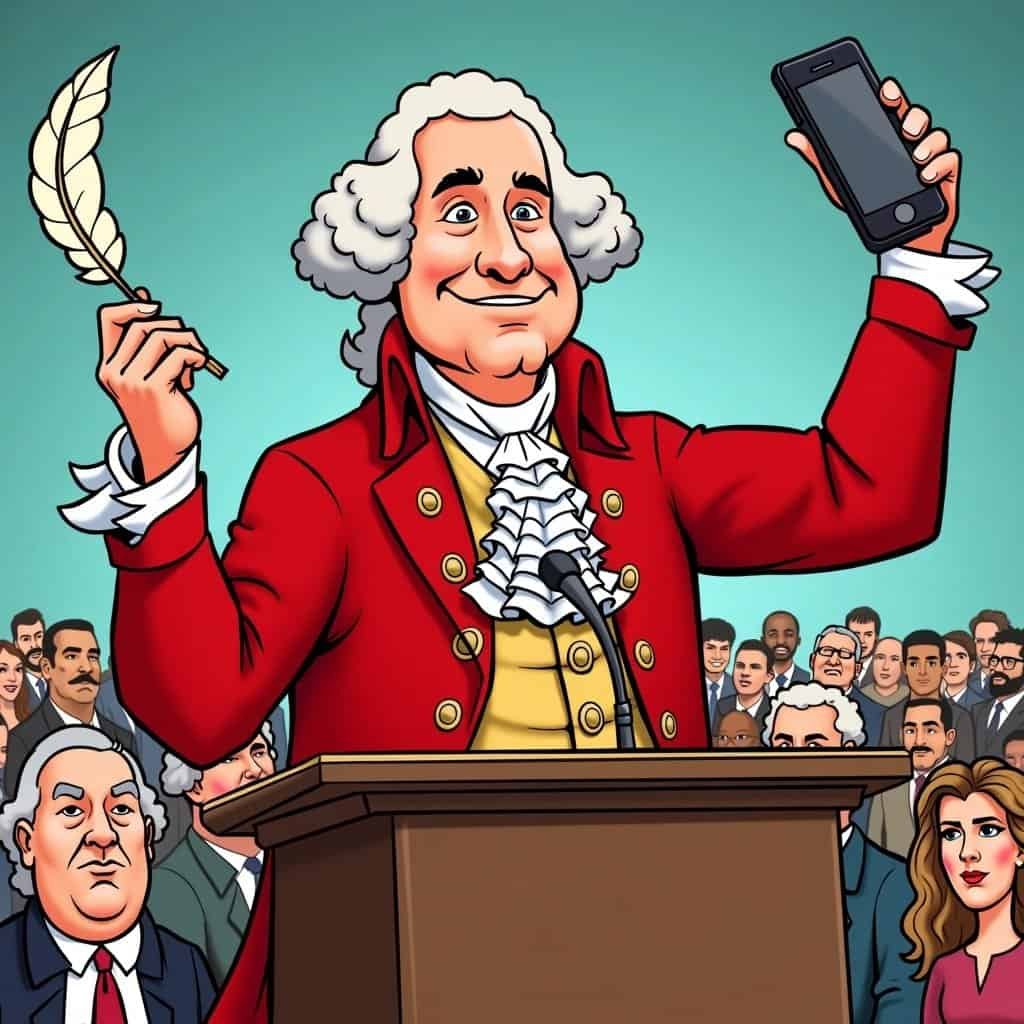When you hear the name Alexander Hamilton, you might think of dollar bills, Broadway shows, or heated arguments with Jefferson. But let’s not overlook one of this Founding Father’s more practical accomplishments: creating the Coast Guard. That’s right! Hamilton, seemingly predicting our current need for strong borders and national security, gifted us with a sea-bound protector as part of his grand plan for the young United States. Forget ‘ten-dollar Founding Father,’ how about ‘the maritime genius’?
Picture this: it’s the 1790s, and America, fresh from its Revolutionary War victory, was flat broke. Coasting along wasn’t an option – quite literally. Smugglers were having a blast dodging tariffs. Some folks, in typical liberal fashion, seemed to prefer more taxes or just throwing up their hands and embracing chaos. But Hamilton had a better idea. Using his conservative knack for responsibility and creativity, he suggested forming the Revenue Cutter Service, which later became today’s Coast Guard. These cutters would enforce federal tariffs, ensure lawful trade, and, oh yes, remind smugglers that Uncle Sam doesn’t appreciate freeloaders.
The Hamiltonian Approach: Proactive Yet Restrained
What made this distinctly Hamiltonian wasn’t just the creation of the service – it was the thinking behind it. To Hamilton, and by extension, conservatives today, the government’s role should be proactive yet limited. Govern lightly but effectively, ensuring that personal responsibility and orderly commerce thrive without the kind of excessive federal overreach progressives fantasize about in their Green New Deal daydreams. The Coast Guard would protect, not meddle – a fantastic example of purpose without unnecessary bureaucracy.
Hamilton’s Coast Guard: Conservative Values in Action
- ✅ Proactive governance
- ✅ Limited federal overreach
- ✅ Promotion of personal responsibility
- ✅ Support for orderly commerce
- ✅ Efficient use of resources
Naturally, modern-day liberals might see Hamilton’s entrepreneurial efficiency and complain about inequality instead. “Why should the Coast Guard work for federal tariffs? Is that fair?” they’d ask. To which conservatives might playfully respond: “And how do you plan to fund your pet projects – unicorn farms and reusable straws?”
Decentralization: A Balancing Act
Hamilton’s model also highlighted another key conservative value: decentralization. The cutters were locally commanded but federally commissioned, a smart way to balance national interest with state control. It’s the same spirit that conservatives aim for today – returning power to our communities while protecting our nation’s guiding principles.
Some might joke that modern government agencies could never sail the kind of ship Hamilton envisioned – too weighed down by unchecked spending and mission creep. Except for the Coast Guard, of course, which continues its mission with unwavering determination. It’s as if the values Hamilton championed remain, guiding the fleet through progressive storms and shallow political waters.
A Legacy of Strategic Brilliance
So the next time you spot a Coast Guard cutter or hear about its brave rescues, thank Alexander Hamilton and his conservative genius. Without him, the seas (and, let’s be honest, our wallets) would probably be less secure. Liberal floundering can’t compare to such strategic brilliance. As Hamilton might say, “Here’s to the Coast Guard: Guardians of not just the coast, but common sense!”
Table of Contents
- The Hamiltonian Approach: Proactive Yet Restrained
- Decentralization: A Balancing Act
- A Legacy of Strategic Brilliance






